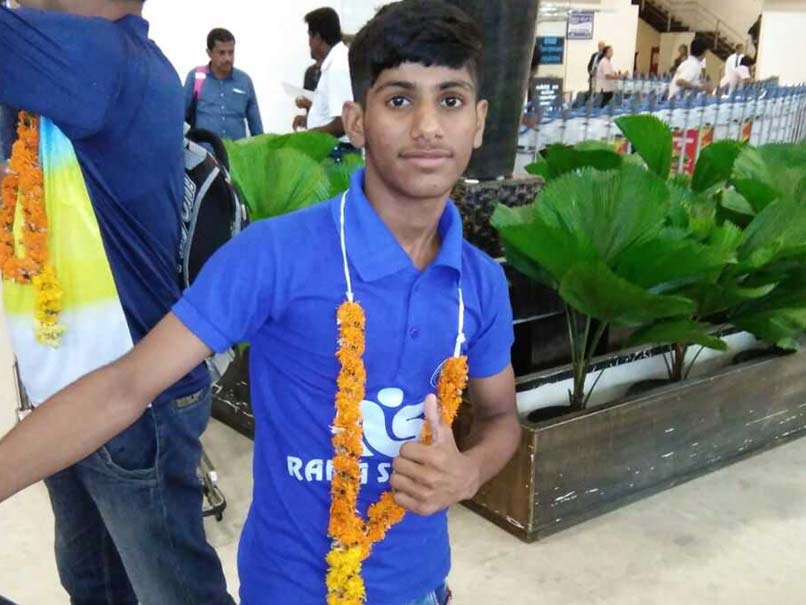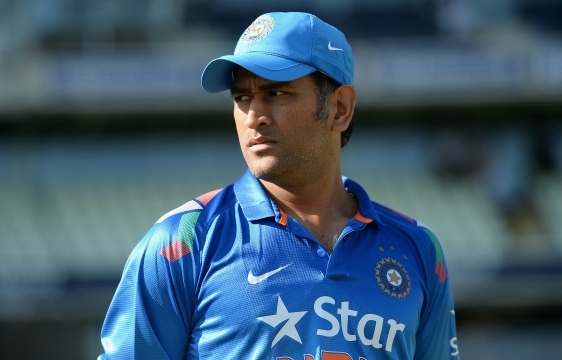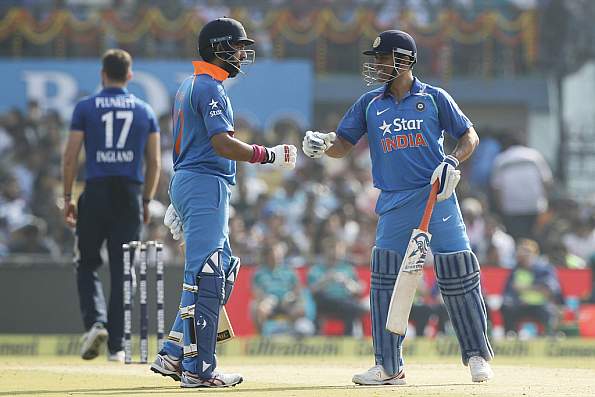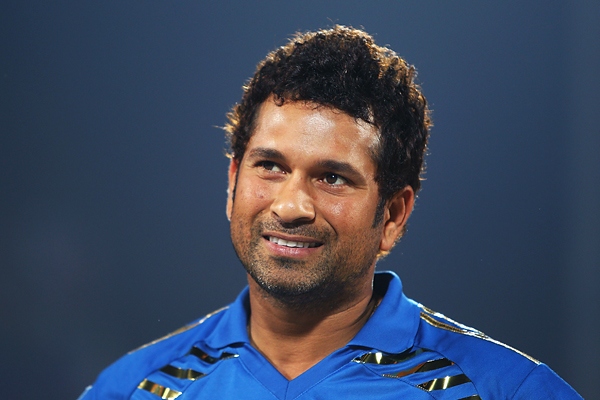Anurag Thakur sacked as BCCI Chief
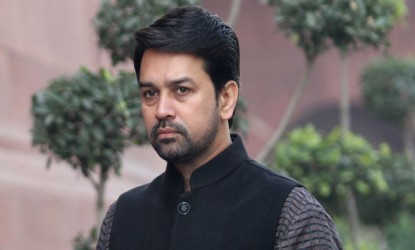
Ordering the removal of Anurag Thakur as chief of India's cricket board BCCI, the Supreme Court said that, all board officials who had not fallen in line with the reforms recommended by the Lodha committee must go.
Even BCCI secretary Ajay shirke was also ordered for the removal. The court said all Lodha recommendations must be implemented and this means that all cricket administrators over 70 years old will have to resign.
The apex court appointed the Lodha Committee, after an IPL's betting scandal has recommended sweeping changes in the way the board is run and led and had complained that the BCCI was refusing to implement them.
The court, on December 16, said that, Anurag Thakur seems to have "committed perjury" after the court was informed that he had made a false statement on asking the ICC to clarify whether a recommendation made by the Lodha committee amounted to interference in the board's running.
Ordering to implement the reforms suggested by Lodha panel, the top court had given board time until December 3rd. The board had pleaded that it could not implement all the reforms, which include large-scale structural and management changes.
The Lodha Committee was set up in January 2015 to suggest changes in the way the BCCI is run. In early 2016, the committee had made recommendations in and these were approved in July by the apex court, which asked the BCCI to implement them.
In October 2016, the court had frozen the accounts of the BCCI but has allowed release of funds to enable the board to hold cricket matches first with the visiting New Zealand side and then with England.
At the December 16th hearing, the BCCI rejected Committee's recommendation that former union home secretary GK Pillai be appointed as an independent auditor to scrutinise the grant of contracts by the board as ordered by the court.
The court had given the BCCI one week to suggest other names for the job and for administrators who can run board affairs. Among the changes that committee has recommended are a cap on the age of BCCI office holder and tenure restrictions for them.
It has also suggested that one person hold only one post and that each state have only one vote on the board. Currently states like Maharashtra, have more influence than the others.

